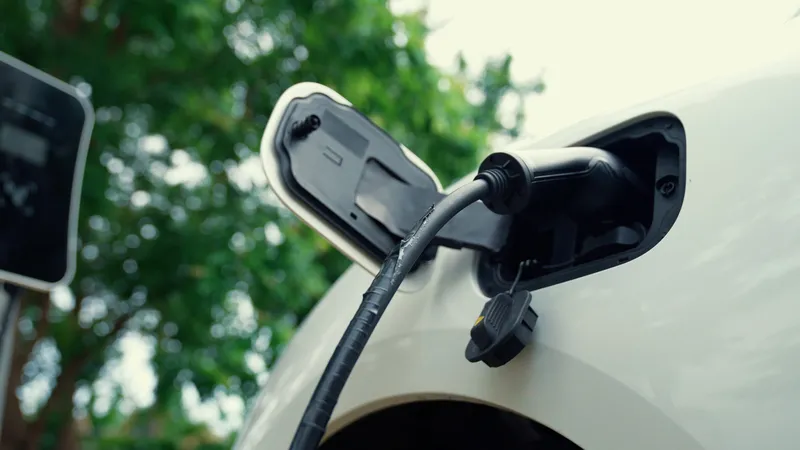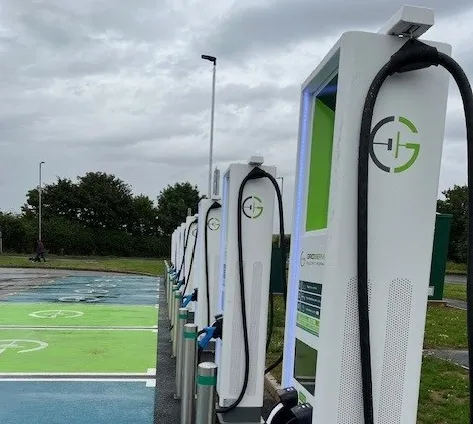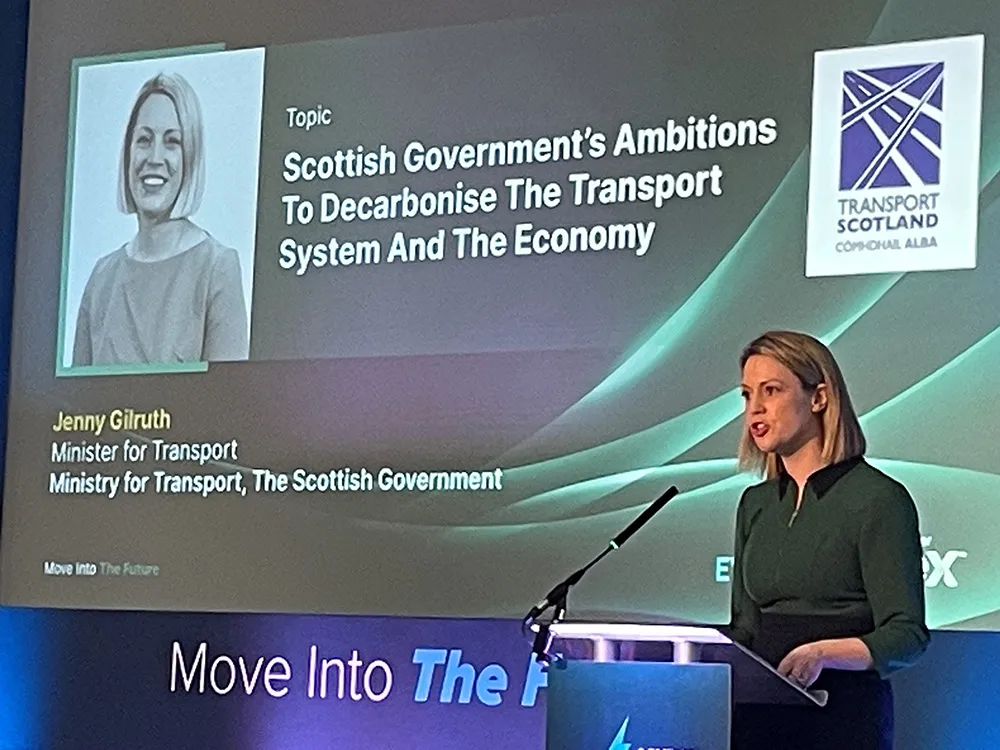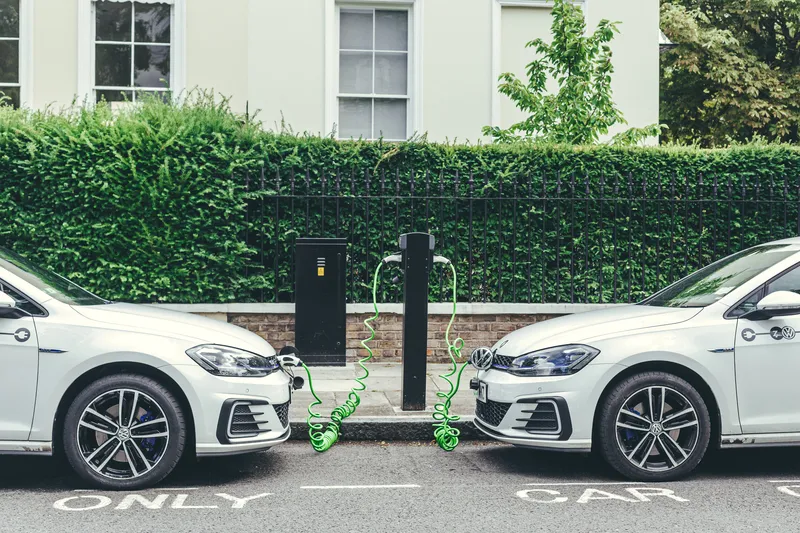
The government has set a target of 300,000 public EV chargers across the UK by 2030 as part of the transition away from petrol and diesel cars. Experts fear the pace of rollout is too slow to meet that target, with current estimates of just over 44,000 public charging points in the UK.
Expenditure disclosed by local authorities to RPC marks a small proportion of the investment required. From the research RPC estimates that local authorities across the UK spent around £41m in the past year, down slightly on the £42m spent the year before. With the low-level delivery and expenditure by local authorities, private sector investment will have to be dramatically increased to meet the government targets.
Elizabeth Alibhai, partner and head of real estate at RPC, says: “The slow pace of EV installations by local authorities is a real concern. Although the picture is mixed, with some local authorities prioritising access to EV infrastructure and installing at pace, others have failed to install any EV chargers at all over the past year.
"There is a consensus that the government's £1.3 billion committed fund will only get us a fraction of the way to the 2030 target. Private investment will be needed to plug the gap, particularly in accessible spaces such as retail and office car parks, gyms, and pubs.”
Alibhai warns that despite the UK planning to halt the selling of new petrol and diesel cars from 2030, EV infrastructure is not attracting enough private sector investment. “Private investors are unsure about the size of the consumer market and what people will be willing to pay for EV usage. The upfront costs in connecting to the grid and complicated consent requirements can also put off investors,” she said. "It’s a little bit chicken and egg - while the immediate benefit of installations will be to current EV drivers, the longer-term effect will be to incentivise greater uptake of EVs. Without widely available charging infrastructure it will be very hard to persuade motorists to make the switch.”
Aside from increased funding, Alibhai argues that legislation may be needed to hasten the rollout. “The government should be approaching this as a necessary investment in key national infrastructure. Although its goal is for the UK to have a world-leading charging network, there is currently no specific duty on local authorities to deliver, unlike their duty to meet housing requirements or work with neighbouring authorities to ensure they are met," Alibhai points out.









